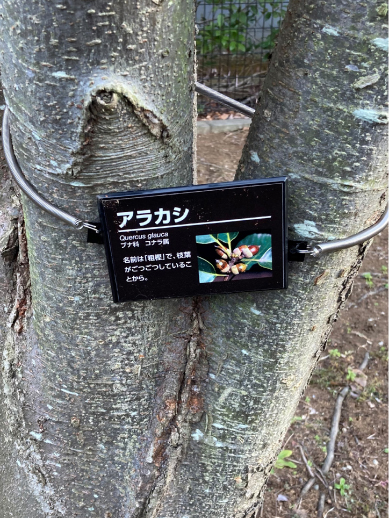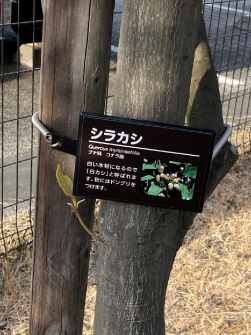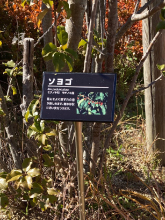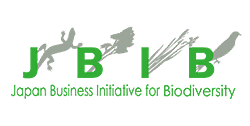Policy and Basic Approach
Our lives and economic activity are underpinned by the gifts of nature, which we receive through the ecosystem—the foundation of biodiversity. The earth’s biodiversity is under threat by modern human activities which are accelerating extinction of species at an alarming and unprecedented speed.
Addressing climate change, reducing overconsumption, engaging in sustainable production, investing in biodiversity, and promoting other initiatives in the context of the business activities of DHR and the Asset Manager should contribute to the pursuit of nature positivity and increase our competitiveness.
KPIs and Main Initiatives
Number of properties with biodiversity-related environmental certifications
| Target | 5 properties (fiscal year ending March 2031) |
|---|---|
| Actual | 2 properties (As of March 31, 2023) |
Risks, Opportunities, and Responses
Any development business comes with the potential risks of losing business opportunities or incurring costs to revitalize that ecosystem if any loss of the ecosystem occurs in the region. In the long term, there are concerns that, if demand for timber, one of the materials handled by the Daiwa House Group, grows with a focus on legality and sustainability, there will be difficulties in the procurement of such timber. Therefore, based on the environmental and social standards outlined in the “Biodiversity Guidelines” [Timber Procurement] which is part of the Daiwa House Group’s “Supply Chain Sustainability Guidelines” for goods (construction materials, etc.) procured and delivered to DHR by suppliers, the Asset Manager works to promote the property management companies to use timber that includes (1) certified timber: timber certified by various agencies, (2) recycled timber: timber recycled from scarp construction materials, and (3) timber recommended by Daiwa House: timber determined to be above a certain level in 11 check items (three items on legality and eight items on sustainability) other than (1) and (2).
ZERO Deforestation* Policy
The Daiwa House Group will:
- procure timber from suppliers advocating a policy of zero deforestation;
- purchase from suppliers who handle timber with respect for human rights and safety of indigenous people and workers in the country of origin;
- purchase timber whose traceability can be verified; and
- expand the use of timber subject to the zero deforestation policy to plywood formwork panels, main equipment, fittings and wallpaper in addition to structural materials, base materials, batten cleats and flooring materials.
- ZERO Deforestation refers to:
- Timber not harming biodiversity due to clear cutting of natural forests,
- timber planted using methods that do not damage high carbon stock (HCS) lands, and
- 100% recycled timber
Promotion of Environmentally Friendly Tree Name Plates
DHR is using tree name plates for the properties it owns in the hope that tenants will feel closer to nature and nurture their planting with affection for many years.



Obtaining Biodiversity-related Environmental Certifications
DHR property Royal Parks Toyosu was certified under the Japan Habitat Evaluation and Certification Program (hereinafter referred to as “JHEP”), and Royal Parks Hanakoganei became the first DHR property to receive certification from the Association for Business Innovation in harmony with Nature and Community (hereinafter referred to as “ABINC” and “ABINC certification”).
Introduction of Biodiversity Protection Program
DHR is reducing the use of plastics by switching the location of provision of hair and tooth brushes from rooms to an amenities counter near the front desk at some of its hotels.
“QiZ GATE URAWA” is reducing plastic waste by using recycled trash bags made from used stretch films, which would be normally disposed of as trash, for the trash bags in common areas.
Monitoring System for Biodiversity
The Board of Directors of DHR and the Board of Directors of the Asset Manager have a system in place to receive reports on items related to biodiversity from the Sustainability Committee and monitor the situation.
Joining the Japan Business Initiative for Biodiversity (JBIB)

Please refer to "Supported Initiatives"
Joining the 30 by 30 Alliance for Biodiversity

Please refer to "Joining the 30 by 30 Alliance for Biodiversity"
